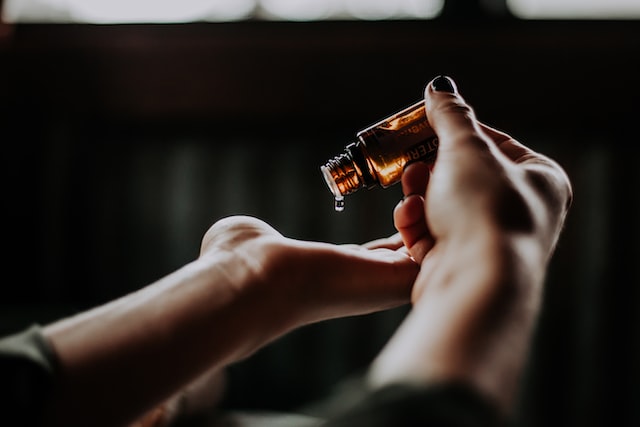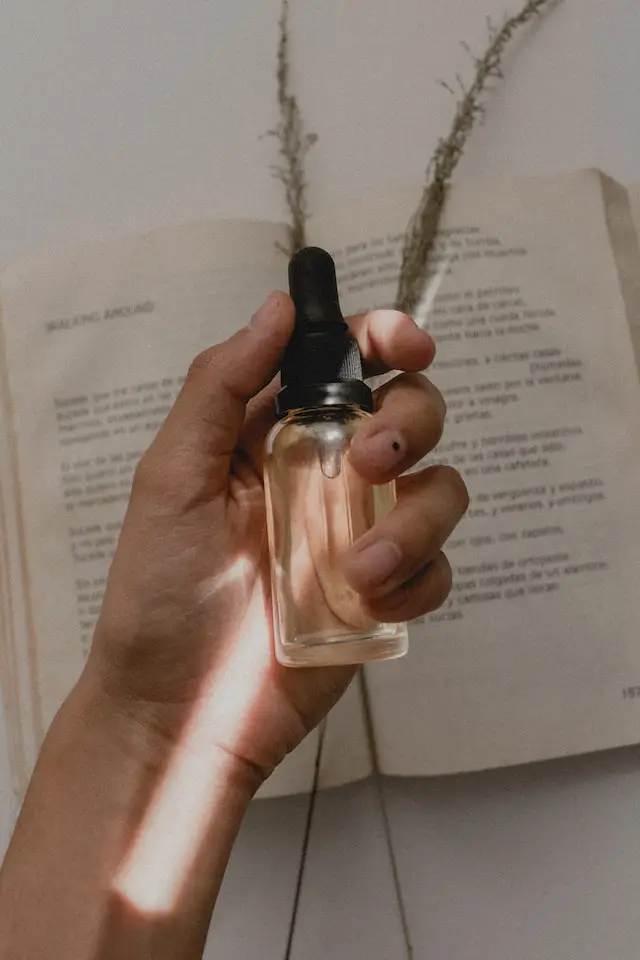Melaleuca is a manufacturer and distributor of 350 health, pharmaceutical, personal care, and home care products. The company was founded in 1985 in Idaho Falls, Idaho.
Several national groups have recognized Melaleuca as a leader in making green products, using methods that are good for the environment, and promoting a healthy lifestyle.
Melaleuca operates in the United States and more than a dozen other countries, generating annual revenues of $864 million. The company creates family-friendly and environmentally friendly items.
Its products are exclusive, and a number of them have proprietary formulae, patents, or both to ensure performance that exceeds that of conventional grocery store and drugstore brands.
Customers buy health and wellness products from Melaleuca through its catalog and website. The products are sent straight to the customer’s door, cutting out middlemen and lowering prices.
A Tradition of Environmental Health
The green movement has become more popular recently because people want products that are safer and better for the environment.
The founder and chief executive officer of Melaleuca identified this market need decades ago, which is one reason he structured the company as he did.

People might think it’s just a coincidence that Melaleuca’s headquarters are in Idaho Falls, Idaho, but it’s not. The founder, who grew up on a farm in northern Idaho and was inspired by the Gem State’s natural beauty, made a deliberate choice.
Melaleuca thinks that getting ingredients that are good for the environment is the first step in making a line of products that are good for the environment.
It also focuses on how products are made, reduces packaging, and uses manufacturing, sales, and distribution methods that are good for the environment.
Products Undergo Animal Testing
According to PETA, their products are tested on animals! Despite the fact that I am a huge animal lover, I am not one of those PETA extremists who will hunt you down for wearing leather.
However, I will choose not to support a firm or its products if they conduct animal testing.
Personally, I find it horrible, and the idea that they profess to be “green” but still choose to test on animals intrigues me greatly.
If their products are so safe, why are animals harmed? Just a question.
Melaleuca commissioned a lethal-dose test on a competitor’s product in 1996, during litigation with the rival company. The experiment caused the excruciating deaths of ten rats.
In 1997, we found out that Melaleuca had put their nutritional supplement Provex CV through tests on dogs.
Melaleuca tested on animals while on PETA’s list of cruelty-free companies, even though the company signed a promise in 1993 that it would never test on animals again.
Melaleuca is clearly willing to break its rule that it doesn’t test on animals when it’s important.
In a letter, Melaleuca freely admits that the company paid for lab studies in which rats and dogs were used, writing, “The rodents died a horrible death before human tests were done to show that Provex CV works.”
Less Packaging, Less Waste
Melaleuca sells concentrated, high-use, value-sized items. This reduces packaging and delivery costs.
The R&D scientists of the company have spent years inventing and advancing concentration technologies. In actuality, numerous items are now ultra-concentrated.

Melaleuca will concentrate on a product if possible. Concentrated products reduce packing, waste, and fuel consumption.
Consider the reduced environmental effect Melaleuca is attempting to achieve:
- If every family in North America used Melaleuca’s EcoSense cleaning solutions instead of supermarket brands, 7 billion pounds of plastic would be saved over a decade.
- The plastic saved by using MelaPower 6X Washing Detergent instead of Tide, the main brand in grocery stores, for just one year would be enough to produce 600,000 plastic laundry baskets.
- Using Melaleuca’s Tub & Tile bathroom cleaning instead of the #1 bathroom cleaner will save 175,000 pounds of plastic annually.
Are Their Products Sustainable?
They have good cleaning supplies. They are, after all, what the company was founded on, so they appear to be of high quality. This is true, at least when it comes to their laundry detergent and other cleaning products that don’t have a scent.
But their scented laundry products and most of their scented body products (like fabric softeners, laundry soap, dryer sheets, perfumes, lotions, etc.) contain “parfum,” which is a word that can mean different things depending on where you look.
Companies are not required to disclose their contents, and they are usually harmful. Even Melaleuca employees won’t tell customers where these originate from, which surprised me.
I would expect a “health firm” to be forthright about the origin and composition of its scents, yet it appears they have something to hide.

I found that this claim was only partly true when it came to their food and body care products (lotions, shampoos, makeup, sunscreen, etc.). These products’ constituents are not necessarily safer, as Melaleuca asserts.
Sadly, it appears that because consumers perceive that the cleaning chemicals are legitimate, they assume that all of the other goods are as well, and Melaleuca has profited from this.
Is This An Exemplar Of Greenwashing?
A prime example of greenwashing is Melaleuca, sometimes known as “The Wellness Company.” They profess to be all about health and wellbeing, yet their product labels reveal a different narrative.
Consider the Sei Bella Refining Facial Cleanser as an illustration. Cocamidopropyl Betaine and scent are two of the most important parts of this product.
Cocamidopropyl Betaine is a cleaning product made by mixing non-organic, conventionally grown plant material with the petrochemical Amidopropyl Betaine.

In 2004, Cocamidopropyl Betaine was chosen as the “Allergen of the Year” by the American Contact Dermatitis Society.
The word “parfum” means “additional scent,” but it can hide hundreds of man-made chemicals like phthalates.
Phthalates are hormone-disrupting substances associated with hypothyroidism, infertility, and a variety of malignancies. They can ultimately result in the early onset of menopause.
Conclusion
Consider the back of the product label in addition to the front. Remember that the purpose of the front label is to convince you to purchase the goods.
The back label (where the ingredients are listed) is there to inform you of what the product may contain, but keep in mind that this is just the starting point.
